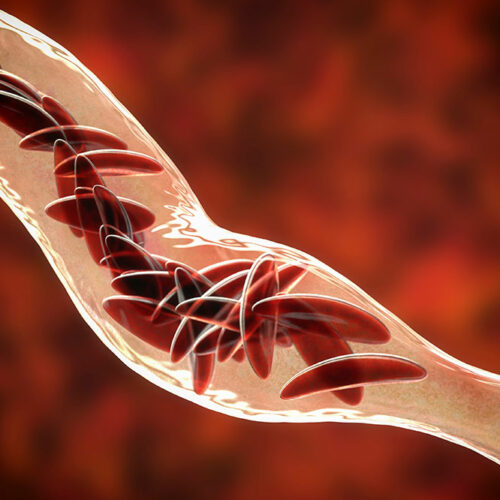Common blood disorders and their treatment options

Blood disorders are a type of disease that affects both solid and liquid parts of the blood. Plasma, the liquid portion, contains water, salts, and proteins. The solid portion contains white blood cells, red blood cells, and platelets. Multiple organs and tissues help blood function normally in our bodies. This includes the bone marrow, clotting proteins, lymphatic system, liver, kidneys, and spleen. Any problem with one or more of these tissues or blood cells can cause blood disorders. All blood disorders are taken care of by medical experts called hematologists. They are physicians who specialize in diagnosing and treating blood disorders. Hematologists examine your medical history and your symptoms to determine the most probable diagnosis. The procedure may involve a blood test, urine test, bone marrow biopsy, and others. Keep reading to know more about some common blood disorders and their treatment methods. Anemia Anemia usually results from iron deficiency, sickle cell disease, or thalassemia, and its treatment depends on the type, cause, and severity of the condition. Possible treatment can include vitamin and nutritional therapy, and medicines to boost the production of red blood cells in the body. In extreme cases, your doctor may take you through a blood transfusion procedure to quickly replenish red blood cells in your blood.






